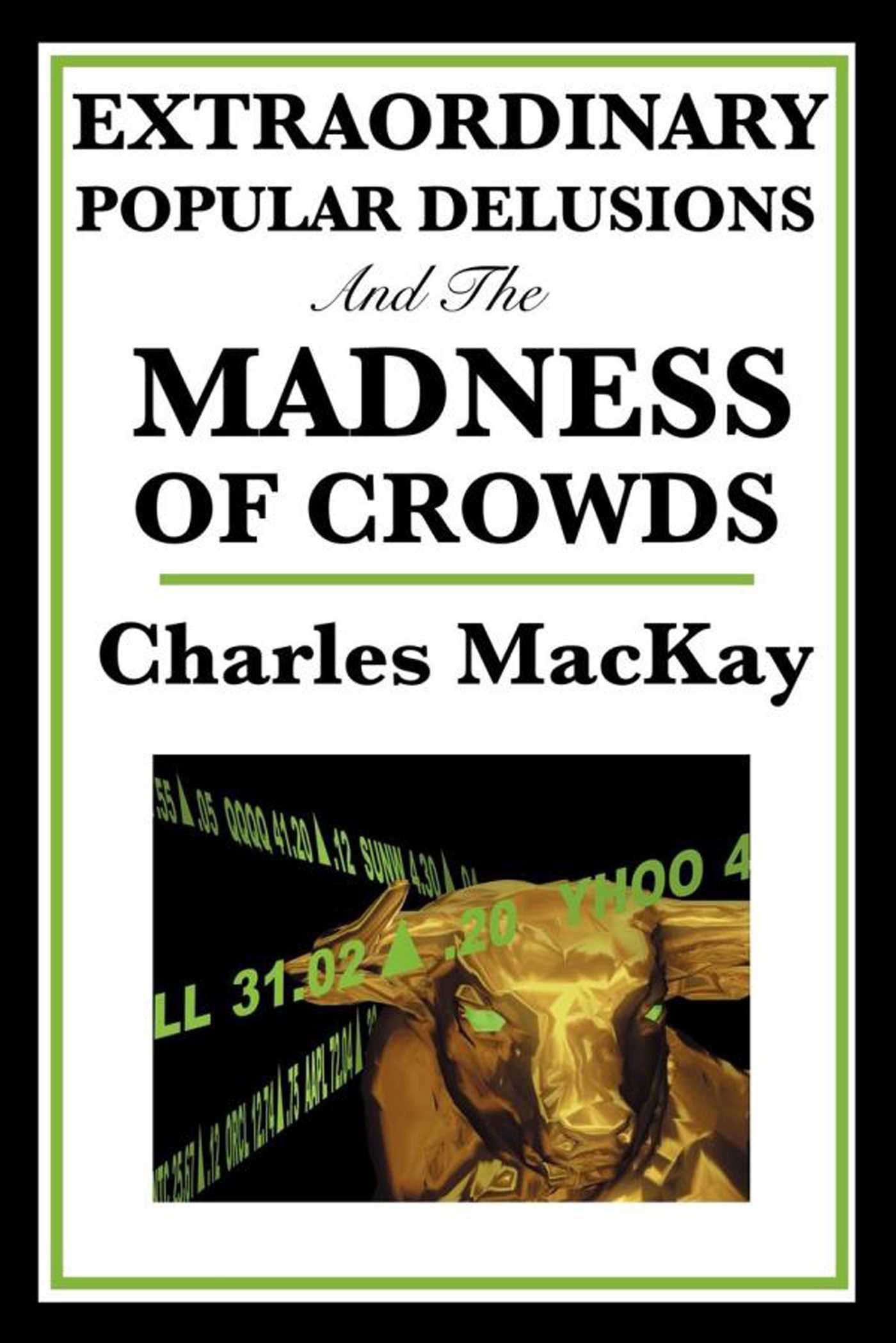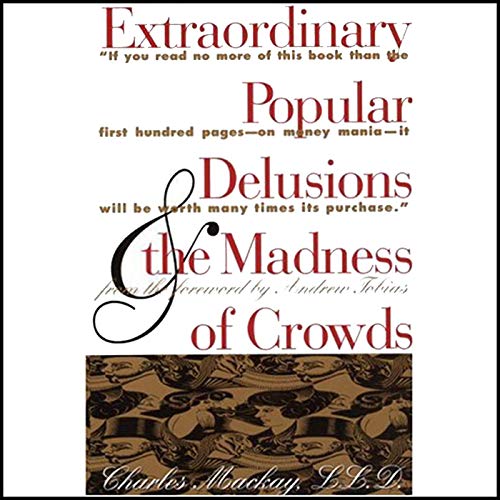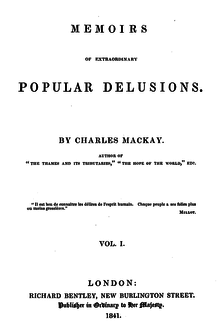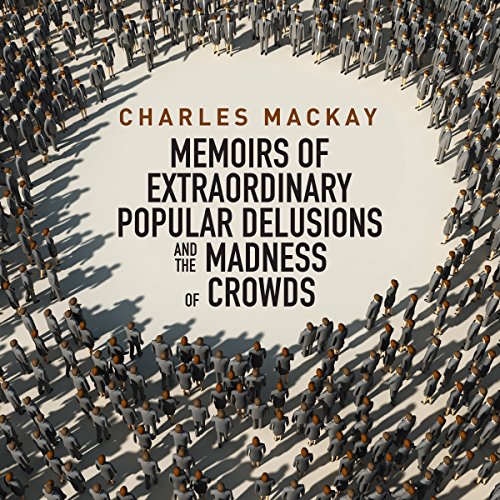Charles Mackay’s “Extraordinary Popular Delusions and The Madness of Crowds” explores historical examples of mass hysteria and crowd psychology. This audiobook delves into various episodes of collective folly.
Charles Mackay’s “Extraordinary Popular Delusions and The Madness of Crowds” provides an insightful look into human psychology and mass behavior. The audiobook covers a range of historical events where large groups succumbed to irrationality. From financial bubbles to witch hunts, Mackay offers an engaging narrative that remains relevant today.
His work highlights how collective emotions can override individual reason. This book is essential for understanding the dynamics of crowds and the impact of mass hysteria. Whether you’re interested in history, psychology, or social behavior, this audiobook offers valuable lessons on human nature and societal trends.

The Timeless Relevance Of Mackay’s Work
Charles Mackay wrote his book in 1841. He focused on how crowds can act foolishly. His stories are from real events. People believed strange things in groups. They often made bad choices. Mackay’s work shows this clearly. His book teaches about human nature.
Mackay’s book is still important today. People still follow trends blindly. They can make poor decisions in groups. The book helps us see these patterns. It warns us about groupthink. Learning from the past can help us now. Mackay’s lessons are timeless.
Key Themes And Lessons
Tulip Mania was a period in the Dutch Golden Age. People invested heavily in tulip bulbs. Prices soared to extreme levels. Many lost their life savings. This event shows the danger of irrational enthusiasm in markets.
The South Sea Bubble happened in 1720. The South Sea Company promised huge profits. Many bought shares without understanding the risks. The bubble burst, and many went bankrupt. This teaches the importance of careful investment.
Witch Mania saw thousands accused of witchcraft. Many were innocent but still punished. Fear and superstition ruled. This period shows how fear can lead to injustice. It is important to seek truth and avoid mass hysteria.
Impact And Legacy
Charles Mackay‘s work has a major influence on modern economics. Many economists study his book to understand market bubbles. His insights help them avoid financial mistakes. The book explains why people follow the crowd without thinking. This is important for predicting market trends. His ideas are still relevant today. Economists use his work to teach about economic behavior. Mackay’s book remains a key resource in economic education.
The book also has a big impact on psychology. It shows how people get caught up in madness. This is useful in social studies. Researchers use the book to study group behavior. They learn why crowds act irrationally. The book helps explain social phenomena. It provides insights into human nature. Mackay’s work is valuable for understanding group psychology. His ideas are used in many studies today.
Many cultural references come from Mackay’s book. Films, books, and articles mention it often. The term “madness of crowds” is widely used. It explains why people make bad decisions together. The book is part of popular culture. People still read it for its wisdom. It remains a classic in literature. Mackay’s work continues to influence culture and society.


Conclusion
Charles Mackay’s “Extraordinary Popular Delusions and The Madness of Crowds” audiobook offers timeless wisdom. It explores human psychology and mass hysteria. This classic remains relevant today, providing valuable insights. Listening to this audiobook can deepen your understanding of societal behaviors.
Dive into Mackay’s work to gain historical and psychological knowledge.



